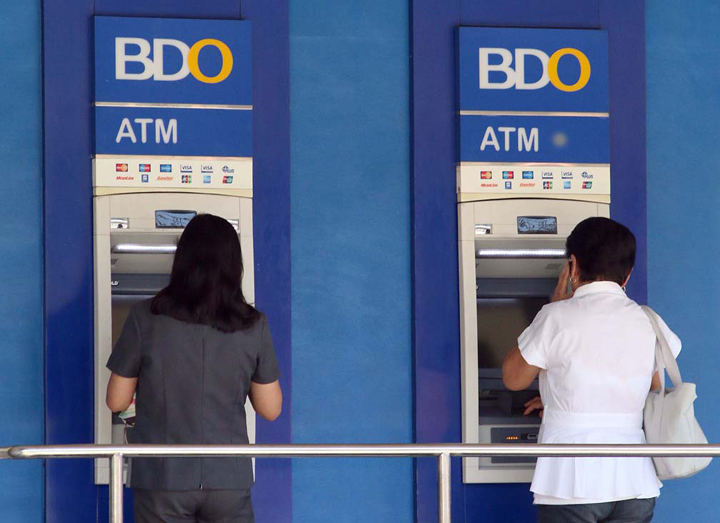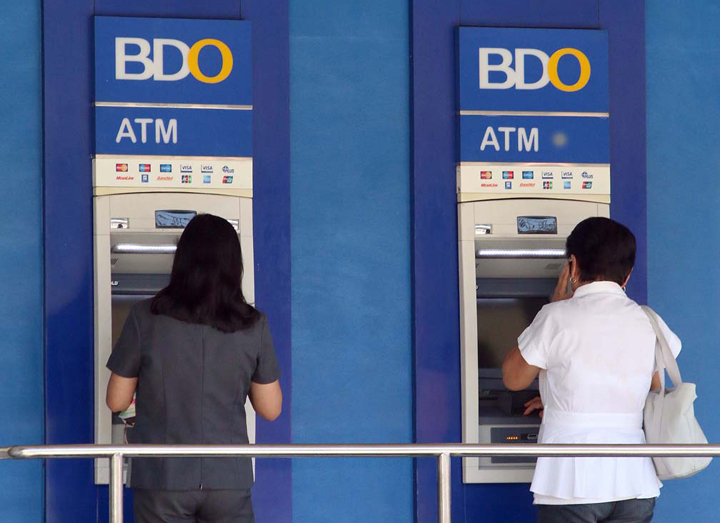
WHILE the country’s path to economic recovery is at risk from rising Covid-19 cases fueled by the highly transmissible Delta variant, banks in the country are found to have enough cushion to weather the current situation.
In an analysis published on Tuesday, Moody’s Investors Service said Philippine banks continue to have sufficient loan-loss buffers to shield the sector from growing asset risks amid coronavirus resurgence.
“Despite a spike in non-performing loans [NPLs] in the past 18 months, rated Philippines banks still have strong buffers against loan losses after proactively increasing loan-loss provisions in early 2020 in anticipation of increases in problem loans caused by the pandemic,” Moody’s said.
“Philippine banks also have sufficiently strong capital to absorb unexpected loan losses. Under a stress scenario where 50 percent of Stage 2 loans become NPLs, the asset-weighted average for the tangible common equity ratios of rated privately owned commercial banks in the Philippines would still remain above 15 percent in 2023, a strong level,” it added.
However, Moody’s said local banks will not be spared from the resurgence of Covid cases.
“Philippine banks’ asset quality, which has taken a severe hit from the coronavirus pandemic, will weaken further as a resurgence of coronavirus cases amid a low vaccination rate delays the country’s economic recovery. Defaults by individuals and small and medium enterprises [SMEs] will drive growth in NPLs,” Moody’s said.
And since many retail and SME borrowers will remain under stress as coronavirus cases surge again, Moody’s said banks that are more focused on the retail and SME segments, such as Union Bank of the Philippines and Rizal Commercial Banking Corporation (RCBC), are more vulnerable.
The international credit watcher also warned that regulatory forbearance measures are now limited after the expiry of blanket moratorium schemes under Bayanihan Acts 1 and 2 in December 2020. The benefits of the Financial Institutions Strategic Transfer Act (FIST Act) are also expected to be limited, as asset management companies are typically used to resolve large corporate loans and may not be as effective in resolving granular retail and SME NPLs, the ratings agency explained.
Meanwhile, Moody’s expressed confidence in the Philippine banking system’s long-term potential.
“While the pandemic has severely disrupted the Philippines banking system, its long-term growth prospects remain intact because the country has a large, young population that creates a pool of future customers,” Moody’s said.
“Further, the growing availability and adoption of digital financial services will help expand the customer bases of financial institutions in the Philippines. The pandemic and a policy push for the adoption of digital financial services has led to exponential increase in digital transactions,” it added.

